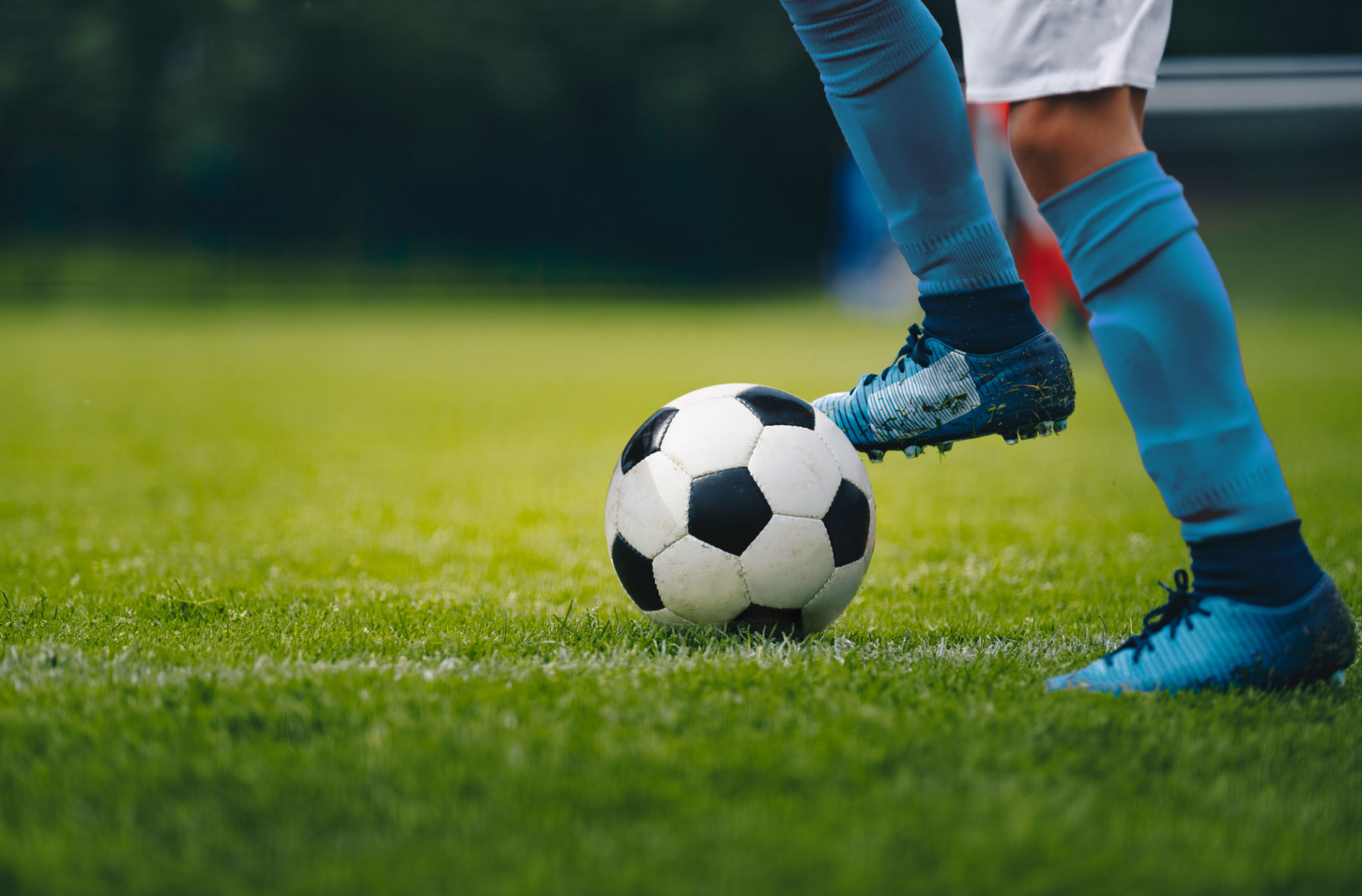Preparing for a High-Performance Soccer Season: Key Training Tips from Our Experts
Setting the Foundation: Physical Fitness
As the soccer season approaches, laying a strong foundation of physical fitness is crucial. Players need to focus on building endurance, strength, and agility to perform at their peak. A well-rounded fitness routine should include aerobic exercises such as running or cycling, combined with strength training sessions that target core muscle groups.

Endurance Building
Endurance is key for soccer players, who often cover several kilometers during a match. Incorporating interval training—alternating between high-intensity bursts and low-intensity recovery periods—can significantly improve cardiovascular fitness. Aim for at least three endurance sessions per week to build stamina.
Strength Training
Strength training should not be overlooked, as it enhances power and reduces injury risk. Focus on compound movements like squats, lunges, and deadlifts to build leg strength. Upper body exercises such as push-ups and pull-ups should also be included to ensure overall body strength.
Technical Skills and Tactical Awareness
While physical fitness is essential, honing technical skills and tactical awareness can make a significant difference on the field. Regular practice of dribbling, passing, and shooting drills is necessary to sharpen these skills.

Dribbling and Ball Control
Improving dribbling and ball control is vital for maintaining possession during matches. Practice using different parts of the foot and work on quick directional changes. Small-sided games can simulate match conditions and improve decision-making under pressure.
Understanding Game Tactics
Developing a deeper understanding of game tactics can enhance team performance. Watching professional matches and analyzing strategies can provide valuable insights. Coaches should conduct regular tactical sessions to discuss formations, pressing strategies, and set-piece execution.
Mental Preparation and Recovery
Mental resilience and proper recovery are often overlooked but are critical for a successful season. Players should focus on developing mental toughness to handle the pressures of competition effectively.

Mental Resilience
Building mental resilience involves setting goals, maintaining a positive attitude, and developing coping mechanisms for stress. Visualization techniques can also help players mentally prepare for matches by picturing successful plays and outcomes.
Recovery Strategies
Recovery is just as important as training. Ensure adequate rest periods and prioritize sleep to allow the body to repair and strengthen. Incorporating activities such as yoga or stretching can aid in flexibility and reduce muscle soreness.
By focusing on these key areas—physical fitness, technical skills, tactical awareness, mental preparation, and recovery—players can prepare effectively for a high-performance soccer season. Consistent effort in all these domains will help athletes achieve their best on the field and contribute to overall team success.
